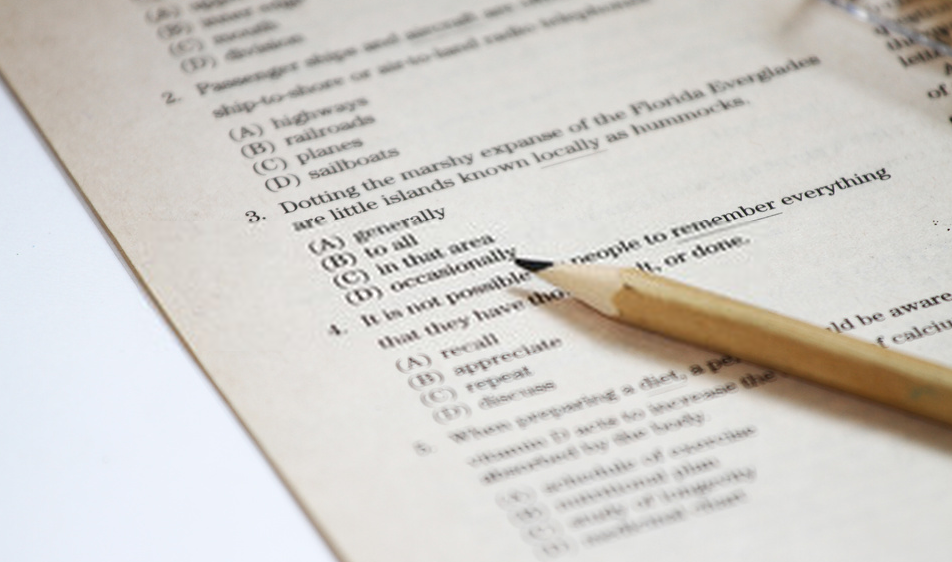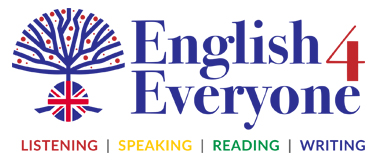Blog
What is IELTS, and how is it scored?
IELTS is an acronym for the International English Language Testing System, and as a test it assesses each candidate’s proficiency when using the English language. The test measures the English skills of non-native speakers who want to work or study abroad in a country where English is the main language of communication. IELTS has been in existence since 1980, and passing the test empowers you to travel abroad for study at a university or to seek out exciting new foreign employment opportunities.
By completing an IELTS preparation course with a fully trained native-speaking British teacher, you are guaranteed success when tackling the different kinds of questions in the test.
What questions should I expect in an IELTS Test?
IELTS Speaking Test:
There are three main parts to the IELTS Speaking Test, with the first part requiring accurate and concise verbal explanations to be given by a candidate about different topics within their personal life. Verbal questions explore aspects of a candidate’s family, personal hobbies, favourite foods, current employment, educational experience, and overall life ambitions.
Examples of such questions include:
- What do you usually do in your spare time? Why?
- What do you like to do when you have a holiday? Why?
- Who do you usually spend your holidays with? Why?
- Do you prefer to stay alone or with your friends? Why?
- What things do you usually like to do with your friends? Why?
- Do you like reading? Why or why not?
- What kind of books do you most like to read? Why?
- Do you like English? Why or why not?

IELTS Reading Test:
The IELTS Reading Test is the second part of the IELTS Test, and it will take 60 minutes to complete. The test asks 40 questions about three or four written texts of increasing difficulty, with the questions requiring written responses to clearly demonstrate the candidate’s understanding of each text. You are allowed to highlight and make notes on the question paper, but you must write all of your answers onto a separate answer sheet. No extra time is given to transfer any notes made in the IELTS Reading Test booklet onto the answer sheet.

IELTS Writing Test:
The IELTS Writing Test has two parts – Task 1 and Task 2. Writing topics can span across different topics, including:
- Lifestyle;
- Technology;
- Society and Social Issues;
- Government Policies;
- Health;
- Environment;
- Education;
- Science.
Each candidate must demonstrate effective English writing skills through the accuracy of any grammar and vocabulary used in sentences cohesively expressed within clear paragraphs. The IELTS Writing Test requires the candidate to logically explore a potential topic through their written English language, and the major topics shown above are further divided into a broader range of subtopics.
For instance, under the topic of ‘Lifestyle’, subtopics can address different aspects of culture, rural and city life, museums, and music. Exploring such subtopics demands that each candidate applies their critical thinking skills to clearly express a written opinion and then logically justify it with relevant examples. Such logical and clear explanations are also needed for verbal responses made in the IELTS Speaking Test.

IELTS Listening Test:
The IELTS Listening Test consists of four sections. Every section has 10 questions, making a total of 40 questions, and the test gets progressively harder with each section. Questions must be answered using information and understanding found by a sequential progression through the provided auditory texts.
The time allocated for each IELTS Listening Test is 30 minutes, during which the candidate must understand any given instructions and complete all of their overall listening and reading for the test. An additional 10 minutes is given for transferring answers from the question paper to an answer sheet. The instructions are also given verbally during the test.

How is the IELTS Test scored?
IELTS Writing Test:
The IELTS Writing Test will be marked by at least two examiners to ensure a high level in the accuracy and validity of all marking. A clear marking criteria assesses each candidate’s accurate use of written language when responding to a task, correct grammar, lexical resource, text coherence and cohesion.
IELTS Speaking Test:
The IELTS Speaking Test is also marked according to very specific criteria that measure a candidate’s verbal language fluency and coherence, lexical resource, pronunciation, grammatical range, and the overall relevance of an answer given to each question.
IELTS Reading Test:
The candidate has to answer 40 questions in the IELTS Reading Test, and the answers given are either correct or incorrect. This makes the marking of the Reading Test very different from the Speaking and Writing Tests. Each correct answer is awarded one mark.
IELTS Listening Test:
With the IELTS Listening Test, each of the 40 questions is also worth one mark. Depending on how many marks are gained by the candidate, an overall score from 0 to 9 will be awarded for the Listening Test section.
The IELTS Listening Test assesses each candidate’s understanding of different verbal language as heard within an everyday conversation between two speakers, a monologue about everyday situations, a conversation between two, three, or four speakers discussing an educational or training situation, and a monologue about an academic subject.
In a Nutshell:
The IELTS Test makes a systematic assessment of each candidate’s application of their critical thinking and language skills to clearly and cohesively express thoughts and ideas using both spoken and written English.
It is possible for every candidate to fully prepare for the IELTS Test by completing an IELTS preparation course in Johor Bahru. Each 1-to-1 English lesson will be given by a fully experienced IELTS private tutor. With such IELTS private tuition, you will successfully pass the IELTS Test, allowing you to embark upon rewarding new educational opportunities or find a well-paid employment position as you start an exciting life in a foreign country of your choice.

